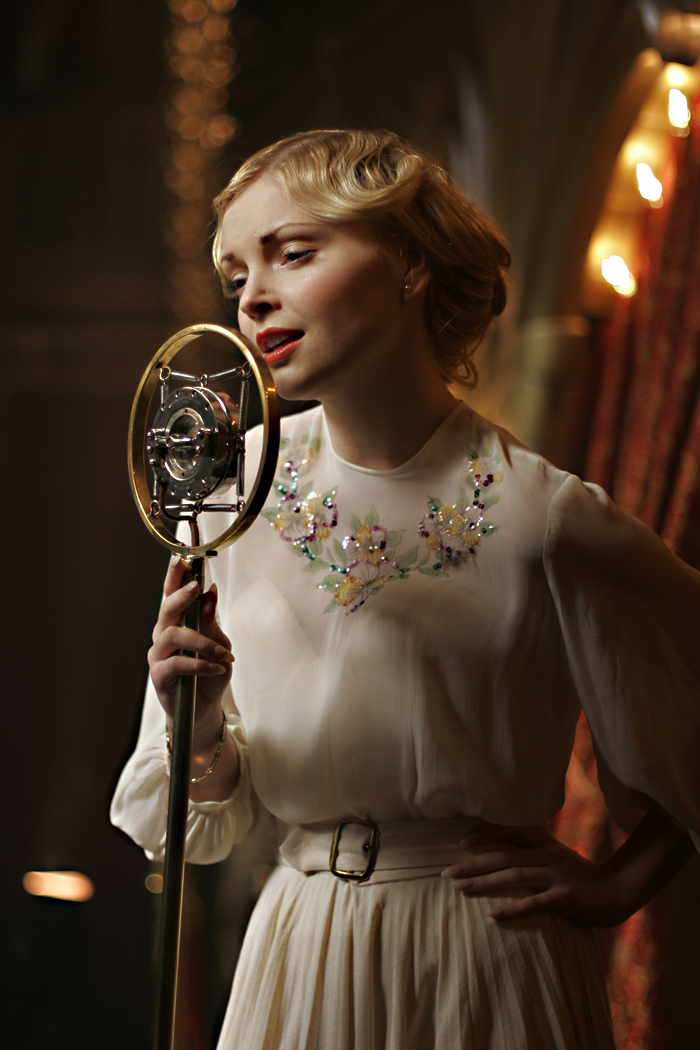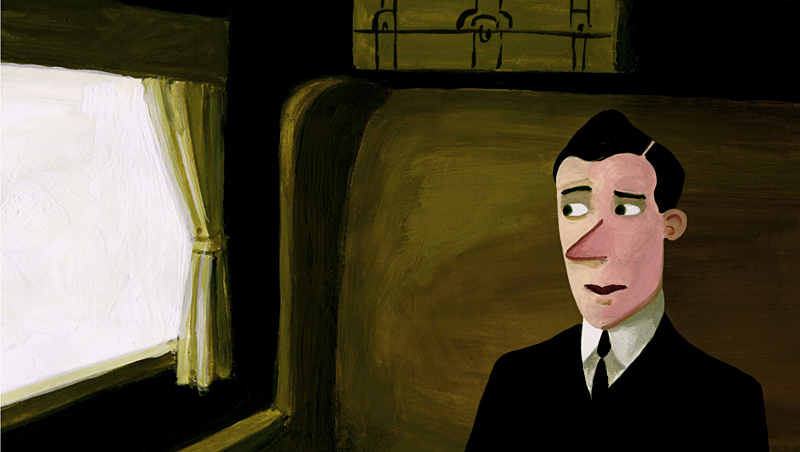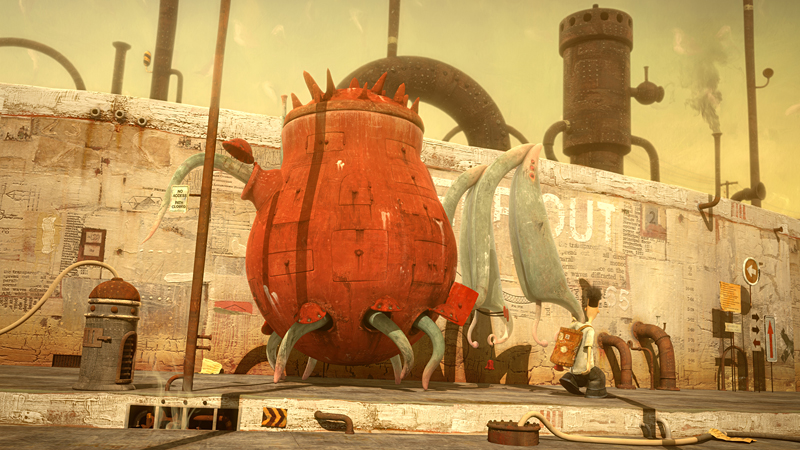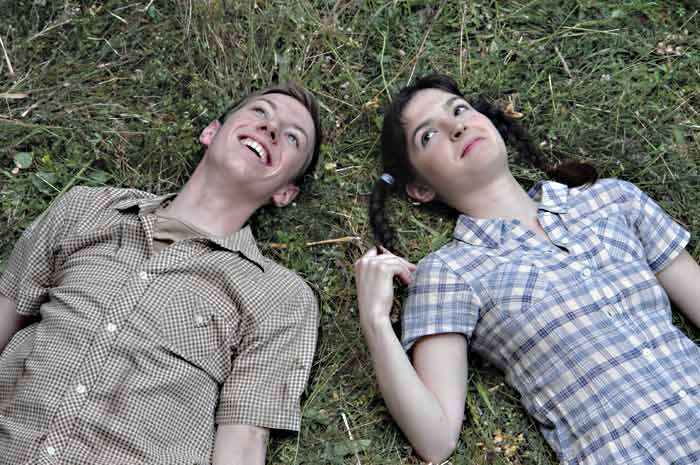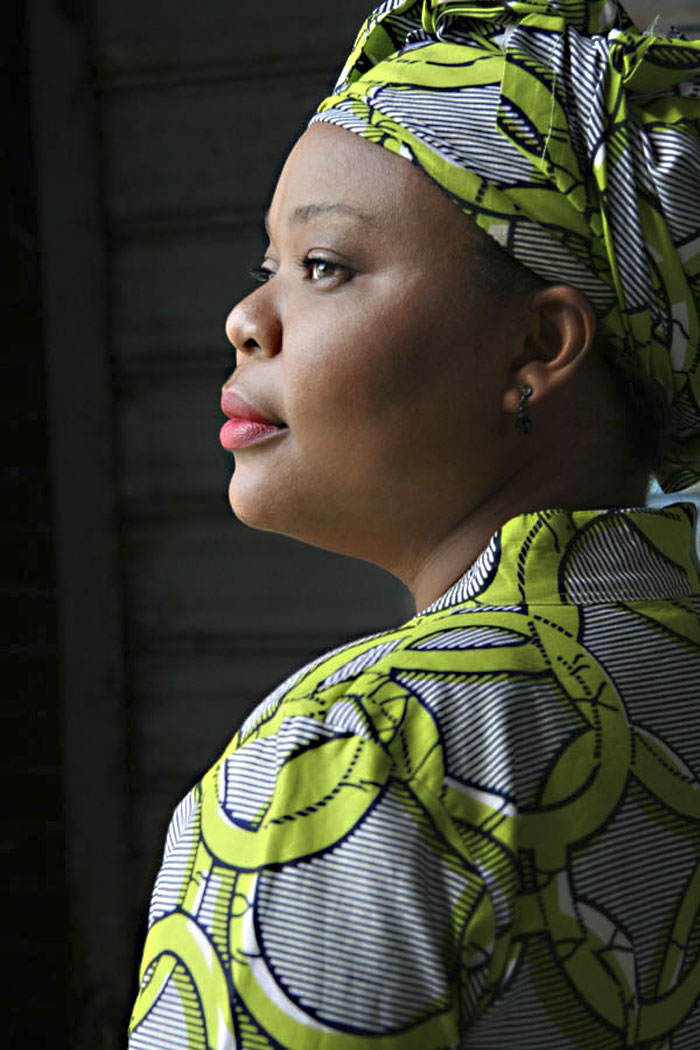So obsessed with mimicry it’s practically a tribute band of a movie, Dark Streets throws copious amounts of film-noir style at the screen in the hopes that something will stick. Based on Glenn M. Stewart’s musical, The City Club, Dark Streets unfolds in and around a rollicking urban nightclub that, despite mounting debts, miraculously manages to keep delivering new extravagantly choreographed and costumed song-and-dance numbers every night. As if owner Chaz (Gabriel Mann) wasn’t busy enough keeping the place afloat, he’s also juggling the rival affections of his featured singer (Bijou Phillips) and a new chanteuse (Izabella Miko), while also investigating a possible connection between citywide blackouts and the mysterious death of his father. Directed by Rachel Samuels, Dark Streets is less a narrative than a suite of original blues and jazz songs that occasionally pauses to allow for some convoluted exposition, replete with hard-boiled dialogue. Photographed with generically “moody” cinematography meant to emulate noir’s sultry sex-and-sin atmosphere—basically, it looks like Chicago and Moulin Rouge, but cheaper—the film has its shallow pleasures, but once it becomes obvious that that’s all Dark Streets has going for it, the affected performances and forced tough-guy speak stop feeling playful and start to become oppressive. The filmmakers seem to think that if they ape their influences enough, maybe some of the grit and soul will rub off on their own project. It don’t work that way, toots.
Dark Streets: Like Chicago Without the Star Power
